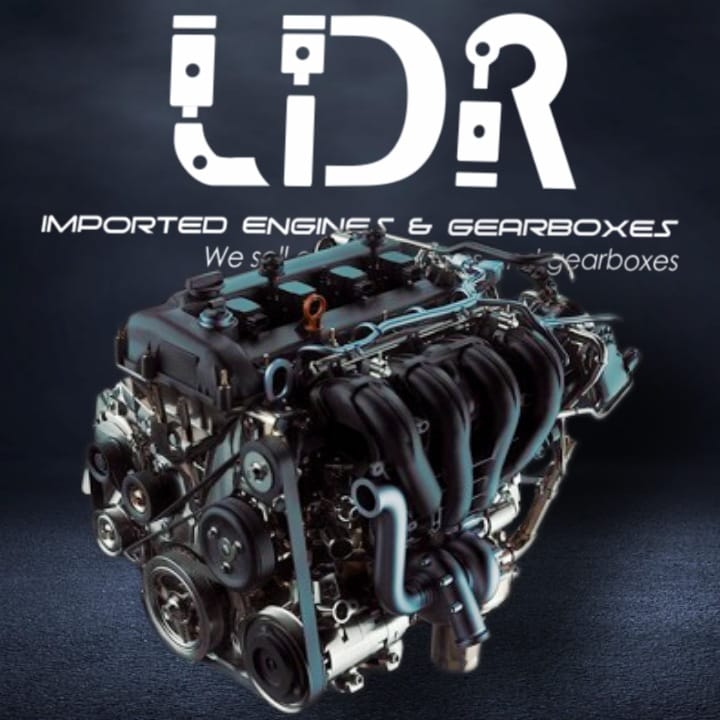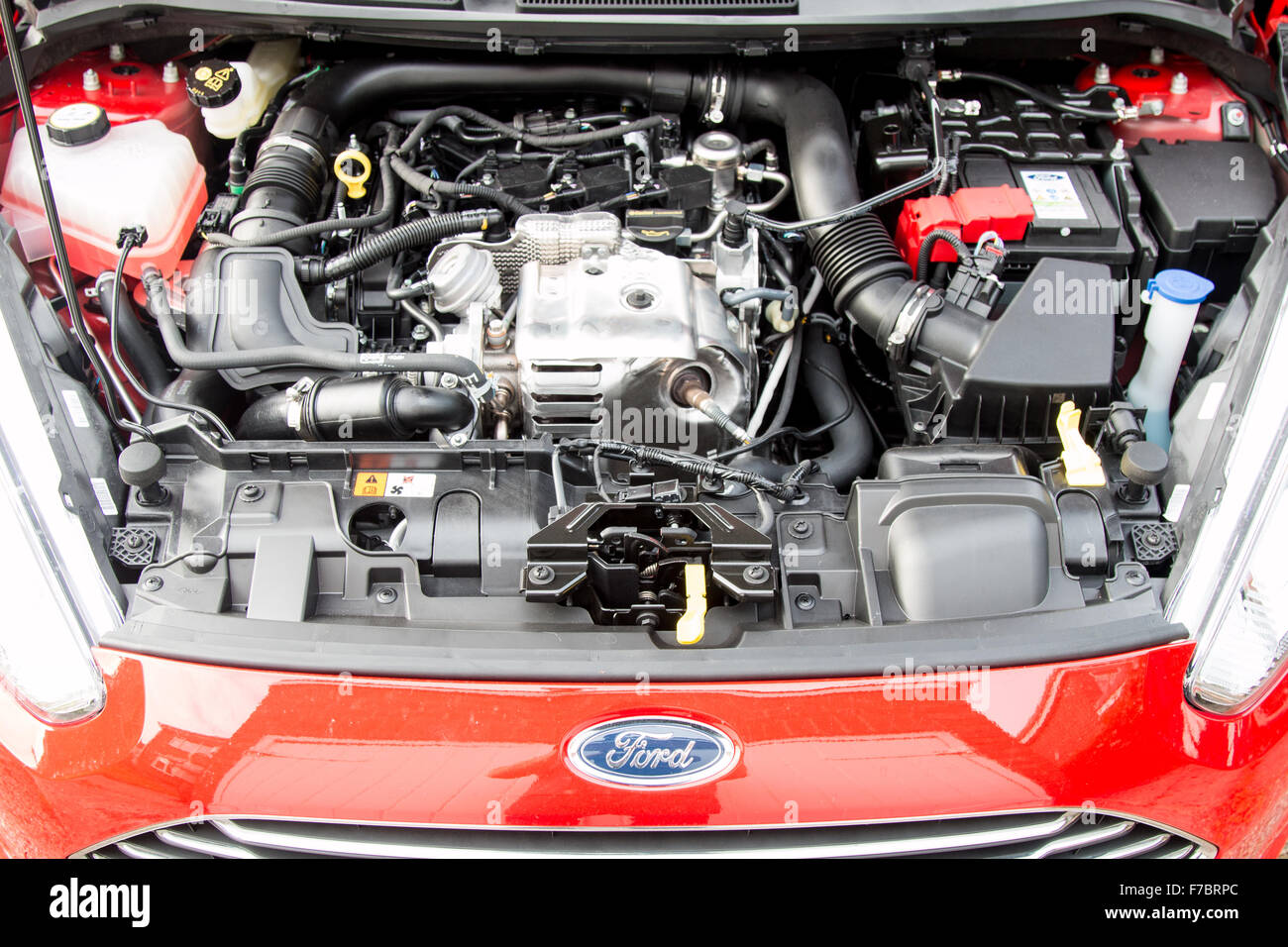The Future of Engines: Advancements Driving Sustainable Power Solutions
As the auto industry browses the essential change towards sustainability, the future of engines is significantly specified by groundbreaking developments. Electric engine innovations, together with encouraging advancements in hydrogen fuel cells and biofuels, are improving the landscape of power solutions. The appearance of hybrid systems further complicates this advancement, presenting both obstacles and chances to reduce discharges properly. Coupled with the assimilation of expert system in engine design, these technical strides increase crucial inquiries about their long-term feasibility and influence on traditional paradigms. What might this imply for the market and customers alike?
Electric Engine Advancement
The evolution of electric engine developments signifies an essential change in the auto and aerospace markets, driven by the immediate demand for lasting options to fossil gas. This change is characterized by significant improvements in battery technology, power electronics, and electric motor design, which jointly boost the efficiency and performance of electric engines.
Current technologies have actually led to the creation of lighter, more energy-dense batteries, such as lithium-silicon and solid-state batteries, which assure longer arrays and much shorter billing times. Additionally, renovations in electrical motor effectiveness, such as using irreversible magnets and progressed cooling systems, enable electric engines to operate successfully under varying conditions. These improvements not just boost lorry efficiency but additionally add to a decrease in general power usage.
Additionally, the assimilation of innovative software formulas has enhanced power management in electric automobiles, enabling for regenerative braking and anticipating charging techniques. As manufacturers increasingly accept electrical propulsion, the vehicle and aerospace sectors are experiencing a standard change in the direction of greener technologies. This advancement not only satisfies regulative needs however likewise straightens with customer choices for eco pleasant transportation solutions, solidifying electrical engines as a foundation of future lasting wheelchair.
Advancements in Biofuels
As the aerospace and auto markets progressively prioritize sustainable power resources, developments in biofuels become a corresponding remedy to electrical engines. Biofuels, stemmed from natural products such as plants, waste, and algae, offer a cutting-edge avenue for lowering greenhouse gas exhausts and reliance on fossil gas.
Current research has actually concentrated on boosting the effectiveness and sustainability of biofuel production. Second-generation biofuels use non-food feedstocks, decreasing competitors with food supply and reducing environmental impact. In addition, advancements in synthetic biology have enabled the engineering of bacteria to create biofuels better, leading to greater yields and reduced production prices.
Furthermore, the growth of drop-in biofuels enables for seamless integration right into existing facilities, making it possible for a smoother change for industries traditionally based on nonrenewable fuel sources. ford fiesta engine. These gas can be used in present engines without modifications, facilitating their adoption throughout different markets
Investments in biofuel modern technology, together with helpful policies, are crucial to drive innovation and scalability. As the worldwide community looks for to battle climate adjustment, biofuels supply a pragmatic, prompt solution that straightens with the overarching goal of sustainability in transport and aviation.
Hydrogen Gas Cell Modern Technology
A growing number of scientists and firms are discovering hydrogen fuel cell technology as a sensible choice to traditional power resources in transport and power systems. This modern technology converts chemical power from hydrogen right into electricity through an electrochemical response, with water as the only by-product, making it an eco-friendly option.
The core of hydrogen gas cells is the gas cell pile, where hydrogen molecules are split into protons and electrons. The circulation of electrons creates electricity, while protons relocate via a membrane layer to incorporate with oxygen from the air, developing water. This procedure results in high effectiveness and reduced exhausts, placing hydrogen fuel cells as a critical gamer in the shift to sustainable energy.
Substantial advancements have actually been made in improving the durability and performance of fuel cells, together with lowering expenses with cutting-edge manufacturing techniques. The development of hydrogen production methods, such as electrolysis powered by eco-friendly power resources, boosts the sustainability of the overall system. As infrastructure for hydrogen refueling expands and manufacturing techniques come to be extra efficient, hydrogen gas cell technology holds excellent promise for decarbonizing various sectors, consisting of durable transportation and fixed power generation.
Hybrid Systems and Their Impact
Crossbreed systems represent a considerable development in sustainable engine modern technology, merging typical interior combustion engines with electrical propulsion to optimize energy performance and lower emissions (ford fiesta engine). This dual method permits automobiles to make use of both source of power, making it possible for higher adaptability in power usage and lowering reliance on fossil fuels

In addition to ecological benefits, crossbreed systems provide consumers a practical change towards totally electric automobiles. They alleviate array anxiety by incorporating the benefit of fuel with the benefits of electrical propulsion, making them an attractive choice for a bigger audience.
The Function of AI in Engine Layout
Leveraging sophisticated formulas and artificial intelligence techniques, the auto sector is increasingly integrating expert system (AI) into engine layout procedures. AI improves the effectiveness and effectiveness of design by analyzing substantial datasets to identify optimal configurations and efficiency parameters. This capability allows engineers to simulate various operating conditions and anticipate engine actions under numerous circumstances, substantially lowering the moment and cost connected with traditional prototyping methods.
Moreover, AI assists in the growth of innovative materials and burning procedures customized for sustainability. By maximizing gas effectiveness and minimizing emissions, AI-driven designs straighten with global initiatives intended at minimizing the carbon impact of auto engines. Artificial intelligence formulas can additionally forecast upkeep requirements, leading to boosted reliability and durability of engine find out here now components.
Moreover, AI is important in the integration of electrification innovations, such as crossbreed systems, where it can enhance battery management and energy recovery procedures. As the sector relocates in the direction of even more sustainable power solutions, the role of AI in engine style comes to be increasingly essential, driving innovation and boosting the efficiency of future engines. Eventually, home the partnership between AI and engine design declares a brand-new period of smarter, cleaner, and a lot more effective automotive technologies.

Final Thought
In final thought, the future of engines is being shaped by a convergence of innovative innovations that prioritize sustainability. Electric engine improvements, biofuel growths, hydrogen fuel cells, and hybrid systems jointly add to a considerable reduction in emissions and environmental effect.
Electric engine developments, alongside promising developments in hydrogen gas cells and biofuels, are improving the landscape of power services. In addition, improvements in electric motor efficiency, such as the usage of long-term magnets and advanced cooling down systems, enable electric engines to operate successfully under varying problems. By enhancing fuel performance and reducing emissions, AI-driven designs straighten with worldwide initiatives intended at minimizing the carbon footprint of auto engines. As the market moves in the direction of even more lasting power services, the role of AI in engine style becomes increasingly essential, driving development and enhancing the performance of future engines. Electric engine advancements, biofuel advancements, hydrogen fuel cells, and crossbreed systems jointly contribute to a more substantial reduction in exhausts and environmental effect.